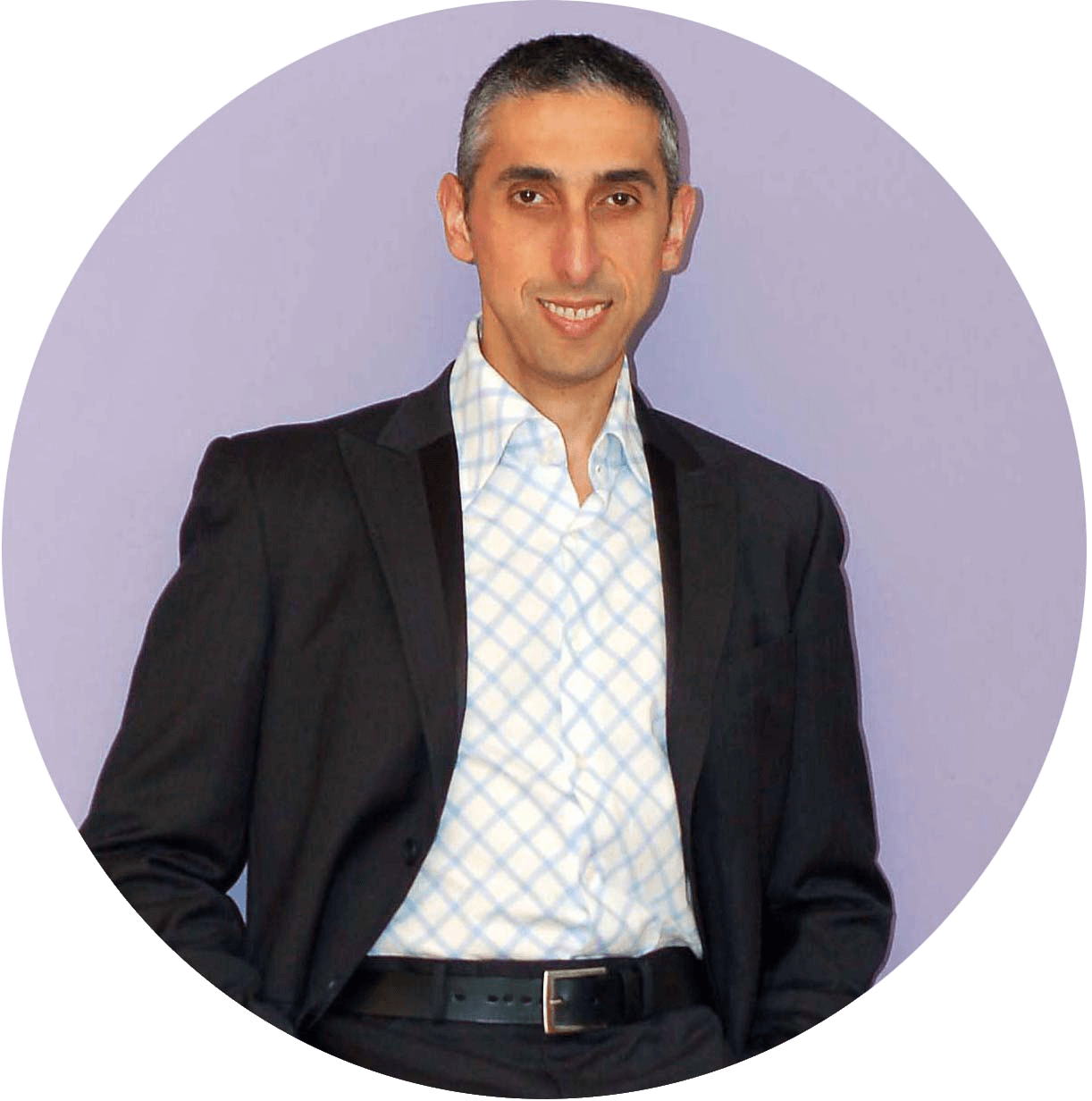Honour Your Emotions
“As soon as you trust yourself, you will know how to live.” — Johann Wolfgang von Goethe
To develop self-trust, we must stop seeking the opinions of others and recognise the guidance within us. Self-trust is harnessed when we follow our sacred wisdom instead of looking outside ourselves to provide inner peace. We develop self-trust by honouring our emotions instead of hiding behind them. As we honour our feelings, we develop trust in our capacity to deal with what arises.
Equally, we must distance ourselves from those who undermine our self-trust. Some people push our pain buttons because it pleases them to see us suffer. Whilst they can help us identify our disowned parts, we are better off distancing ourselves from them rather than become embroiled in their deceitful ways. Expressed differently, self-trust is established by nurturing our innermost thoughts. Whilst we cannot control external circumstances, we can become curious about what is going on inside us instead of retaliate in anger. The subtleties of the human body point to what is going on beneath the surface, so we become attuned to the minor fluctuations and our genuine needs.
Follow the Inner Guidance
“Trust yourself. Create the kind of self that you will be happy to live with all your life. Make the most of yourself by fanning the tiny, inner sparks of possibility into flames of achievement.” — Golda Meir
Here’s the thing: it’s vital we honour our commitment to ourselves, whether it be in the goals we set or pursuing our dreams. To dishonour them diminishes our self-trust because we cannot follow through on our plans. To foster self-trust involves developing a compassionate dialogue with ourselves because in times of turmoil, we ought to cultivate compassionate thoughts instead of being ruled by the unfolding drama. That is, we plant the seed of equanimity and nurture it with kindness, so it grows strong. Self-trust arises when we make time to honour the child within us. This means devoting time to be with ourselves, instead of declaring how busy we are, amid craving emotional compassion. Our inner authority is the pillar of a stable emotional life. Therefore, we must make time to connect with our emotional wellbeing and attend to any disturbances that show up.
Considering this, how do you recognise when you need time alone? In other words, whenever you notice internal unrest, it is a call to spend time in silence to examine the emotions. You see, it is no surprise our lives are hectic because we pay more attention to external events instead of meeting our personal needs. We spend our waking life fixed on the world “out there” instead of within. Yet, if we continue down this path, we neglect our inner life, which influences how we relate to the world. For instance, a practice I mention in my book, Reconstructing the Past to Create a Remarkable Future, involves a simple question to see how we are relating to the world: “How am I doing?”
This simple question allows us to distinguish what is going on inside us, instead of dismissing the emotional disturbances as unjustified. The spiritual teacher, Eckhart Tolle, states that whenever emotional chaos is apparent within us, we are inviting an earlier Pain-Body experience into the present moment. This is obvious when others trigger our Pain-Body, such as being cut off in traffic or someone taking our line in the queue whilst shopping. If we don’t take the time to examine what is going on beneath the surface, we are reacting instead of interacting with our core emotions. Therefore, building self-trust does not mean we will always say or do the right thing. Irrespective of our words or actions, whatever arises is there to guide our personal evolution.
Develop Mindfulness
“The best way to capture moments is to pay attention. This is how we cultivate mindfulness. Mindfulness means being awake. It means knowing what you are doing.” — Jon Kabat-Zinn
A well-known practice for developing self-trust is to be mindful of our body moments before we react to external events. So, if someone takes our place in the shopping queue, we move into our body and note any tension or tightness. We become curious about these sensations and observe them non-judgmentally. For example, we might be aware of a constricting sensation in our chest moments before retaliating with the person. We become intimate with the emotion and simply notice it without an agenda. We might silently repeat the phrase: “I’m aware of you” or, as the psychologist Daniel Goleman suggests, label the emotion. So, we affirm to ourselves: “Here is anger or fear” instead of acting on it.
This simple action puts the brakes on deferring our emotions and draws our awareness to what is going on inside us. In this way, we become aware and awake, instead of unconscious of the emotional drivers in our life. Moreover, we develop self-trust by honouring every facet of our being, irrespective of whether we approve or disapprove of that part of us. For example, those with a diminished self-esteem might criticise themselves for reacting angrily to a situation. In contrast, those with an empowered self-esteem see it as a teaching point from which to grow. Are you getting the sense that developing self-trust involves honouring our emotions and accepting what shows up, irrespective of whether it is a negative emotion?
Heart-Centred Awareness
“Follow your heart, but be quiet for a while first. Ask questions, then feel the answer. Learn to trust your heart.” — Unknown
To develop self-trust is to listen to our heart’s guidance, rather than to be dictated by the incessant thoughts in our mind. Our thoughts are saboteurs since they cannot be trusted. Given their volatility from moment to moment, we cannot rely on them to make sense of our environment. For example, at the end of a working day, our thoughts might be scattered because we are tired and possibly hungry, while mid-morning after we’ve had a cup of coffee, they’re less likely to be reactive. However, the heart is not influenced by fluctuating mood changes. There is a stillness that longs for us to connect with, even during our darkest hour. So, we practise moving our awareness into our heart during the commotion and observe the silence.
Be with the sensations that arise and meet them with openness. We’ll soon realise the habitual and stressful thoughts melt away, leaving a sea of expansiveness that permeates our mind and body. Self-trust is an invitation to develop a relationship with our core self. We learn to become our own best friend and appreciate the interplay between our thoughts and emotions, instead of remaining unconscious of them. As an exercise, I invite you to become more attuned to what is taking place within your body regularly. If there is tension or unrest in a body area, see if you can become curious about it. That is, investigate it as you would if there was a rattling noise coming from your car while driving. In doing so, we learn to trust the guidance from our deepest wisdom. Ultimately, if we continue to place our trust in others’ opinions, we will disengage from our sense of authority and diminish our self-confidence.

Are You Ready to Transform Your Life with Confidence?
Are you ready to transform your life and unlock your potential? Start your journey with me today! My Life Coaching Program has empowered many to achieve lasting change. Schedule your FREE 30-minute consultation now and take the first step towards a brighter, more confident you.
Tony Fahkry
Expert Life Coach















